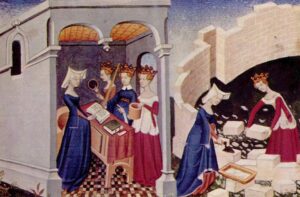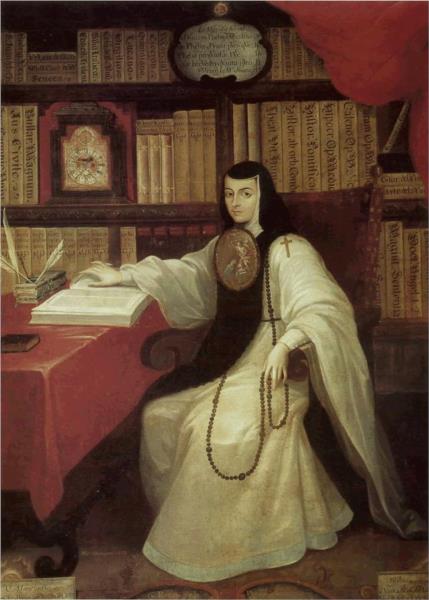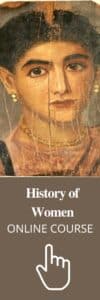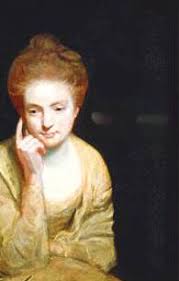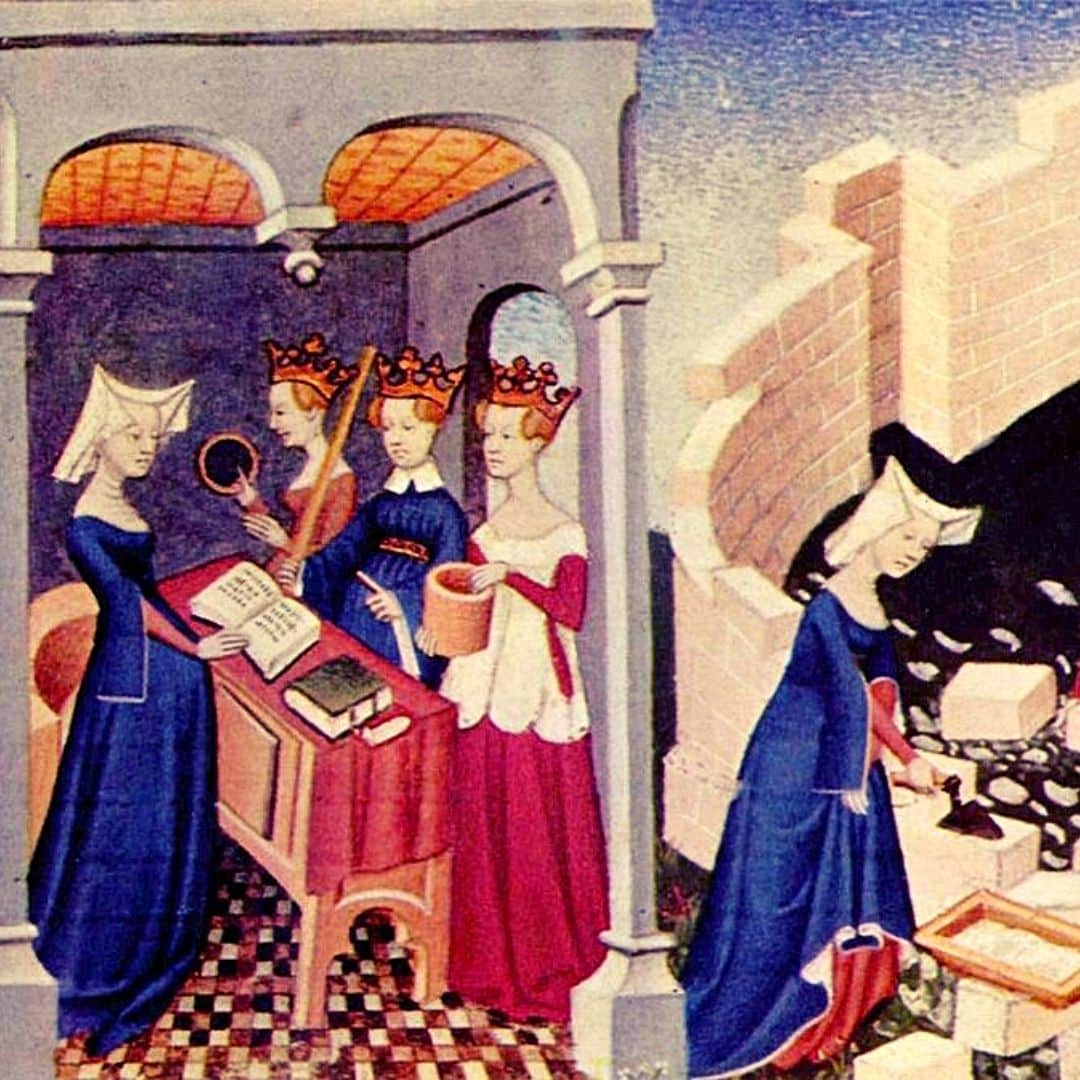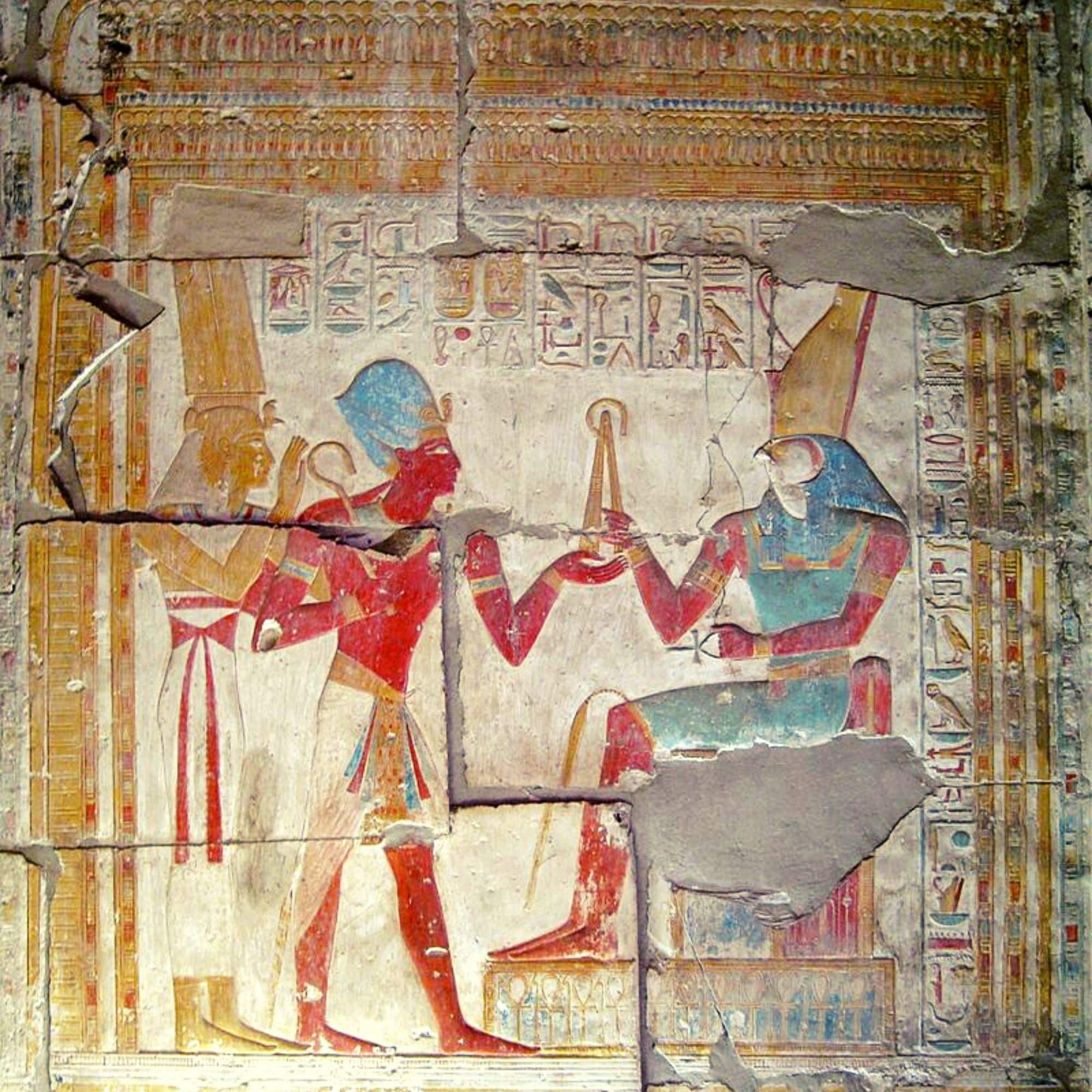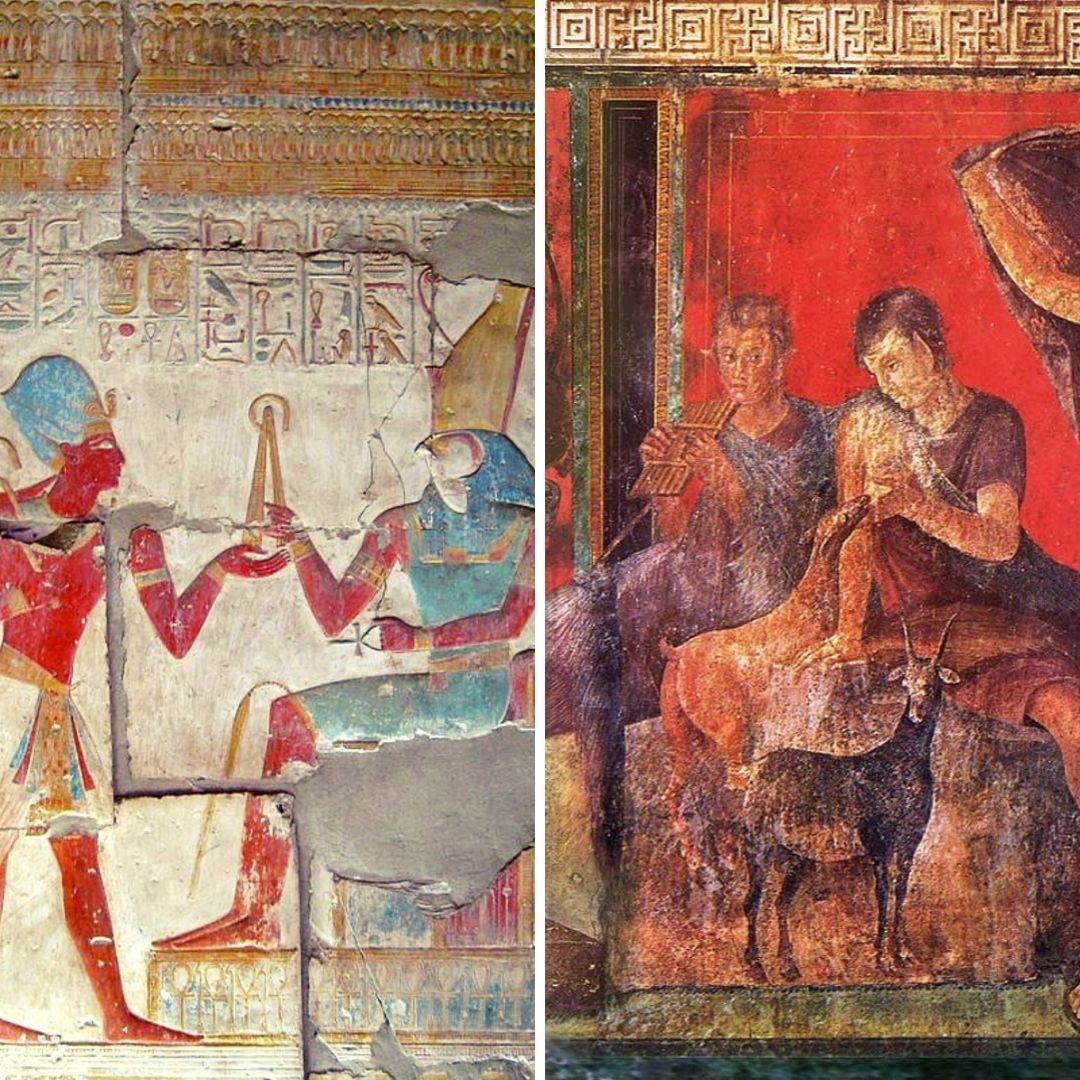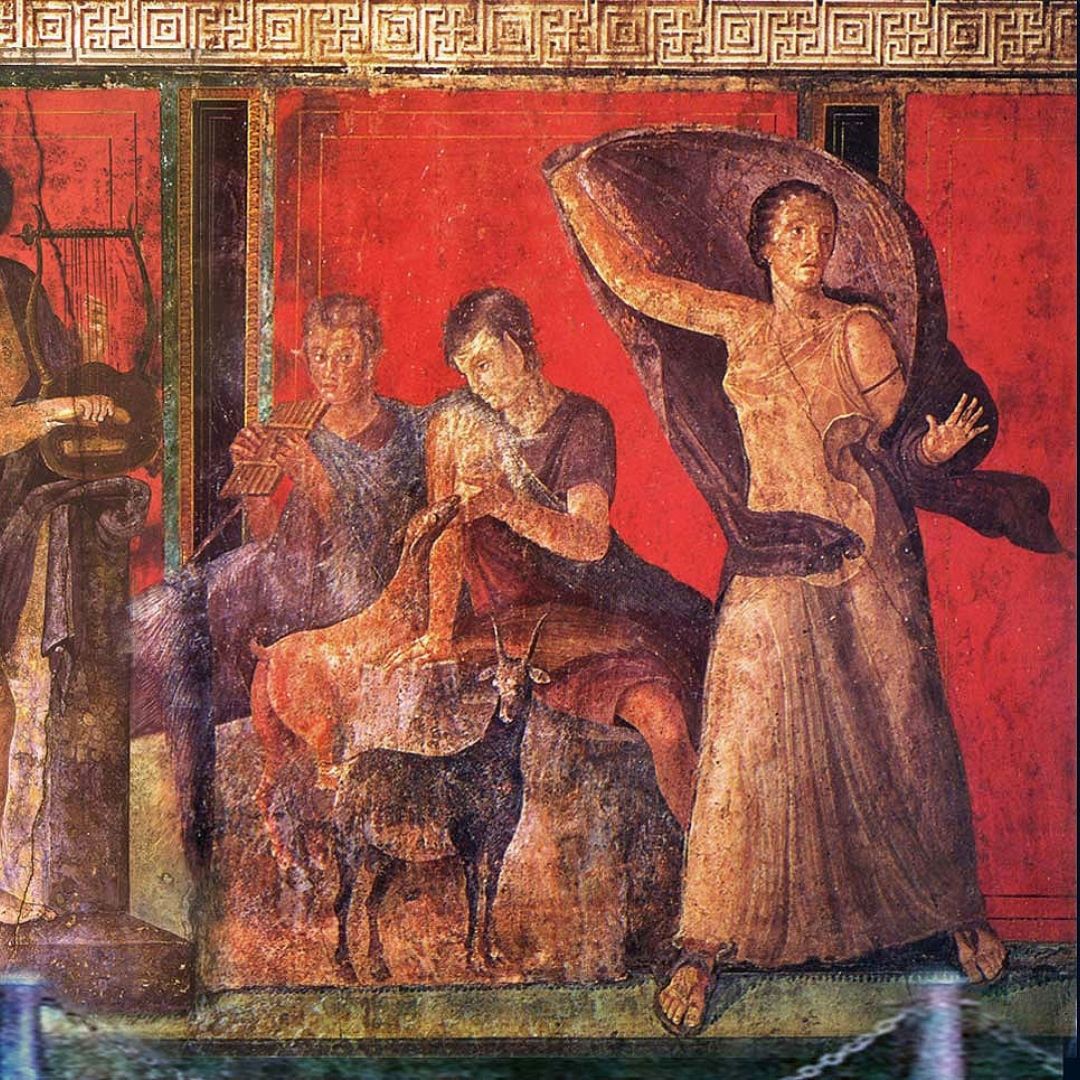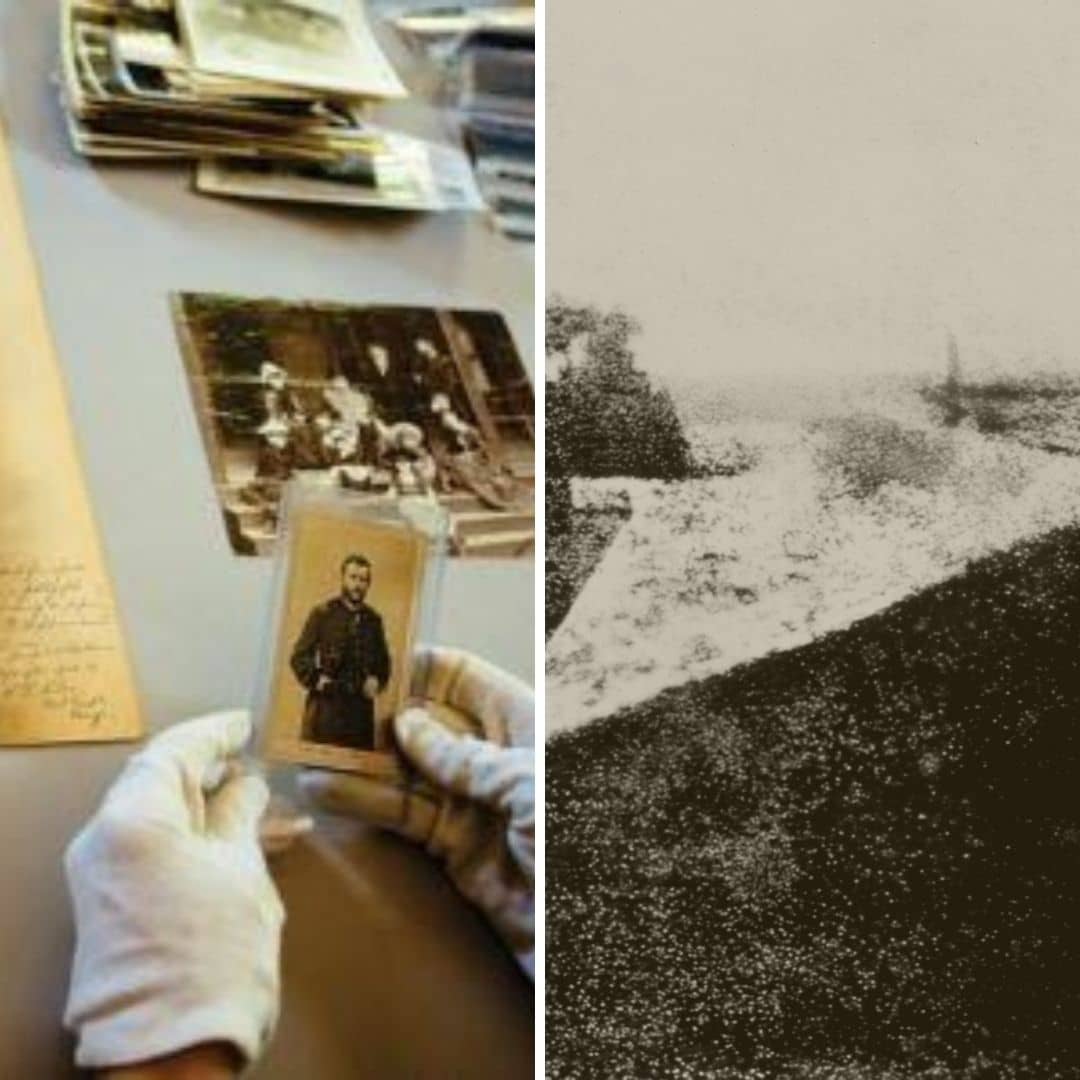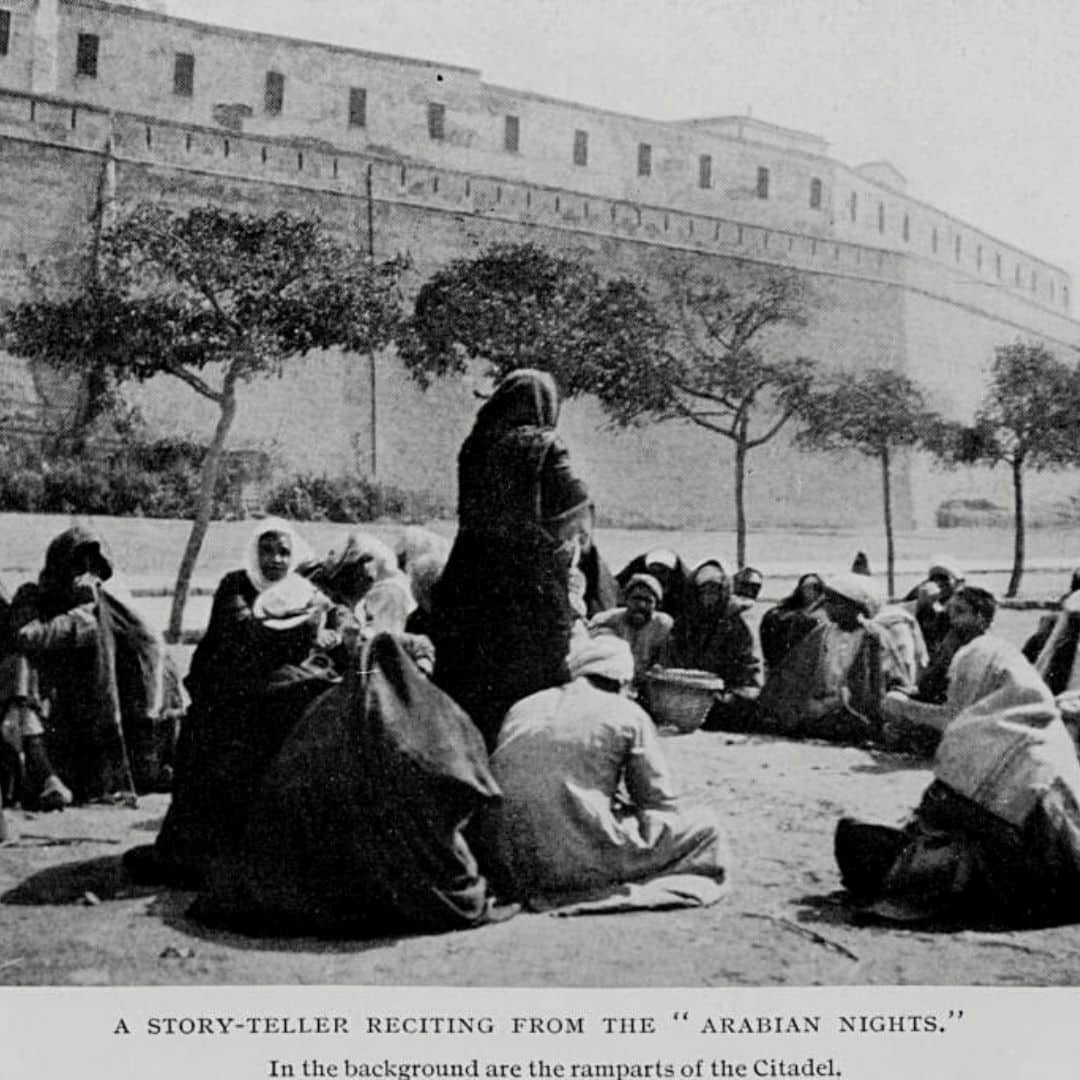Origin of feminism – today we present a small excerpt from the online course History of women – gender.
We will see that the origin of feminism is prior to the eighteenth century through women who individually questioned the established scheme.
Traditionally, it has been established that the origin of feminism and first feminist voices began to emerge in the 18th century.
However, this statement should be relativized as , as we can see that during the 16th and 17th centuries the origin of feminism arose, there were individual women who questioned the scheme established for men and women, as well as inequality.
Undoubtedly, through their writings, they were the driving force behind the collective movement that took shape during the 18th and 19th centuries, feminism. And they can be considered pioneers in the origin of feminism
The following stand out:
Christine de Pizan, (1364-1430)
The excellence or inferiority of beings does not lie in their bodies, according to their sex, but in the perfection of their conduct or their virtues.
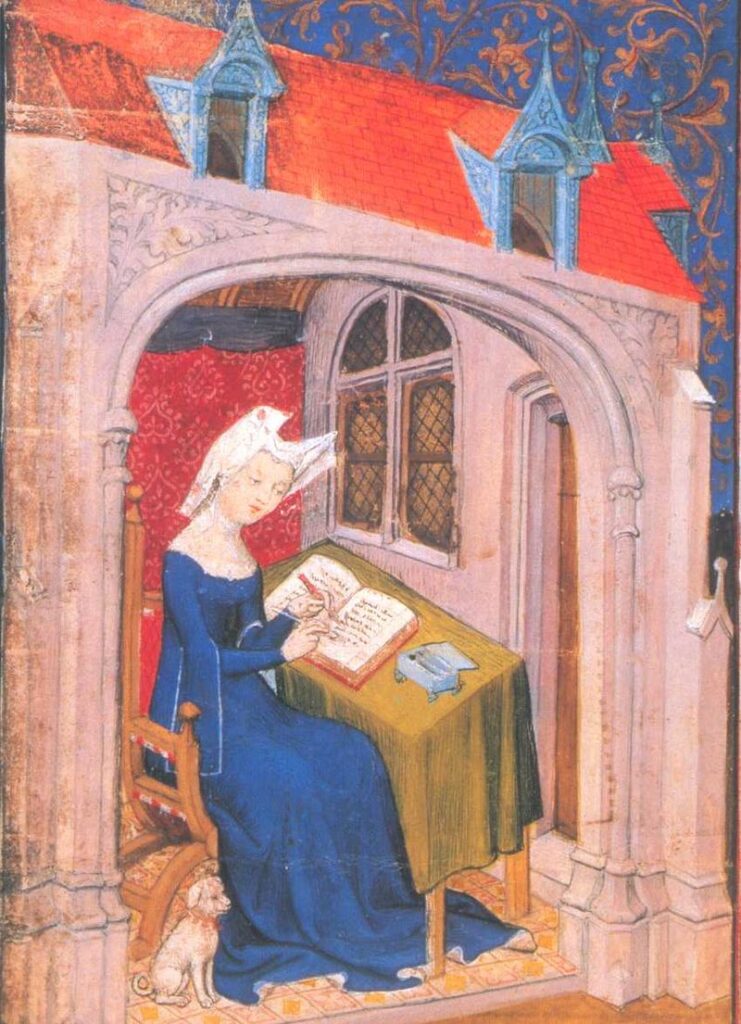
This Italian writer is in the origin of feminism and she is considered the first feminist in the West.
Her work on behalf of feminism began in France when, in 1399, she founded La Querelle de la Rose, a community or club where women met to discuss current affairs and promote women’s rights/intellectuality.
In her literary work, she dedicated a poem to Joan of Arc, criticized the precepts promoted by Jean de Meung in the Roman de la Rose and responded to all her detractors with her best-known work, The City of Ladies.
In it, she speaks of a city inhabited by women who have left their mark on history and governed by the Virgin Mary. She also urges all women to protect this city from enemies and detractors.
The City of Ladies. BnF.Al illuminator
Marie de Gournay, (1565-1645)
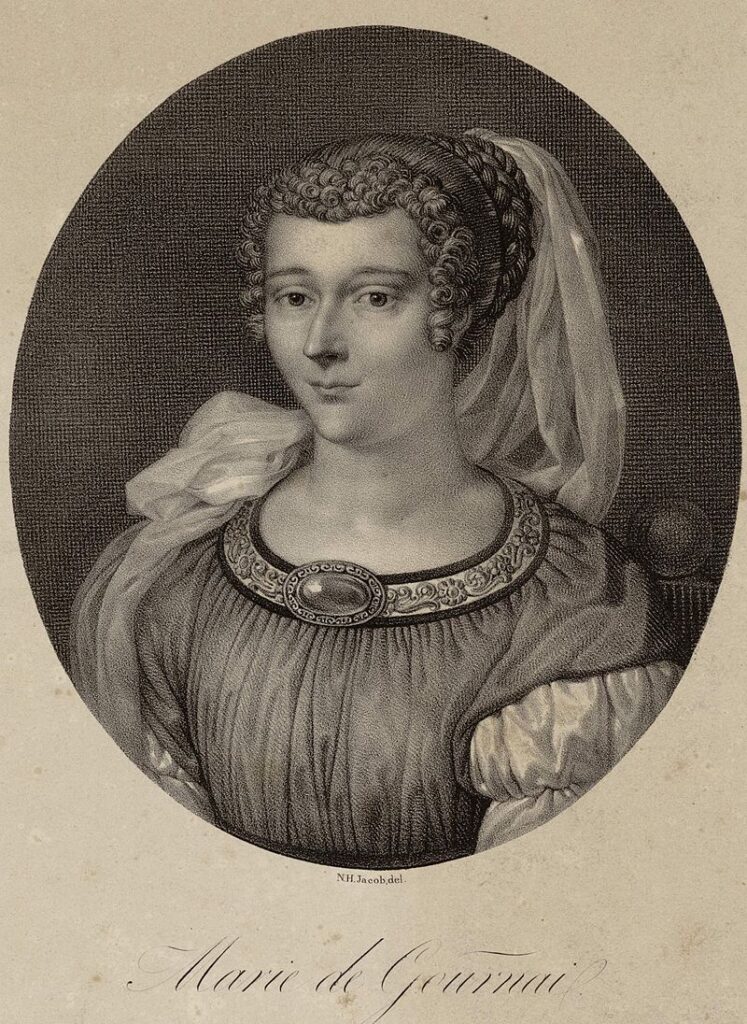
This French philosopher was one of the first women to question the established order and defend women’s rights/equality.
Her works include: Le promeneoir de Monsieur de Montaigne (1594), Treatise on the equality of men and women (1622) and Complaints of women (1626).
In each and every one of them, Marie criticizes marriage (for her, as it was conceived, it was a limitation for women), defends an equal education and work system and establishes that the only difference between men and women is their physique, not their intellect, so women are not inferior, but simply do not have access to education = to be able to develop in the public sphere.
María de Zayas y Sotomayor (1590-1661)
If souls are neither men nor women, what reason is there for them to be wise and for us not to be?
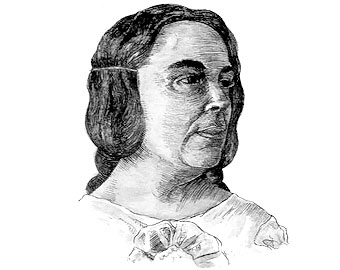
This Spanish writer’s works: Novelas ejemplares y amorosas (1637), Novelas y Saraos (1647), Desengaños amorosos (1648) and Parte segunda del sarao y entretenimientos honestos (1649) set out her feminist thinking: the need to acquire equal rights, the right to culture and an education that didn’t segregate women because, for her, “souls are neither men nor women” and “women deserve respect and courtesy”.
Her works – with the ideas that are at the origin of feminism – were very successful, but during the 19th and 20th centuries, some of them were censored because they were considered libertine.
Sor Juana Inés de la Cruz (1651-1695)
Foolish men who accuse women without reason, without seeing that they are the cause of the very thing they accuse?
In the origin of feminism this Mexican nun and poet bequeathed us a work in which she highlights the figure of women and criticizes men’s attitudes towards women:
women without reason,
without seeing that they are the
cause of the very thing they accuse…
(…) You fight against their resistance
and then with gravity
you say it was lightness
what the diligence did.
However, her writings, inappropriate for a nun, were quickly criticized by some sectors and, in 1690, the bishop of the city of Puebla classified them as worldly.
Her response was the work La Respuesta de sor Filotea de la Cruz, in which she defended women’s right to education. Eventually, Juana got rid of her extensive library and devoted herself entirely to religious life.
Mary Astell (1666-1751)
If all men are born free, why are all women born slaves?
This English writer and philosopher argued that women had the same intellectual and reasoning capacity as men, that they should be literate and have equal opportunities. In fact, much of her feminist thinking is summed up in her famous phrase: “If all men are born free, why are all women born slaves? A strong approach to the ideals at the origin of feminism
Her works include A Serious Proposal I and II (1694-1697), in which she establishes that women can be more than wives and mothers.
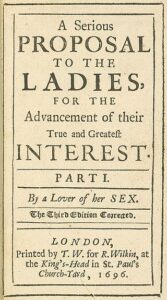
How are women regarded throughout history?
The aim of the History of Women / Gender online course is to analyze the figure of women throughout world history, from prehistory to the modern age.
This way, it is possible to analyze the situation of women, the concept and evolution in the different historical phases.

